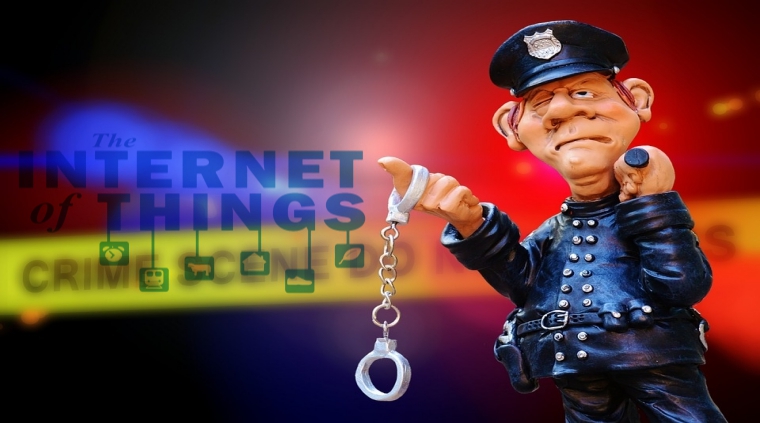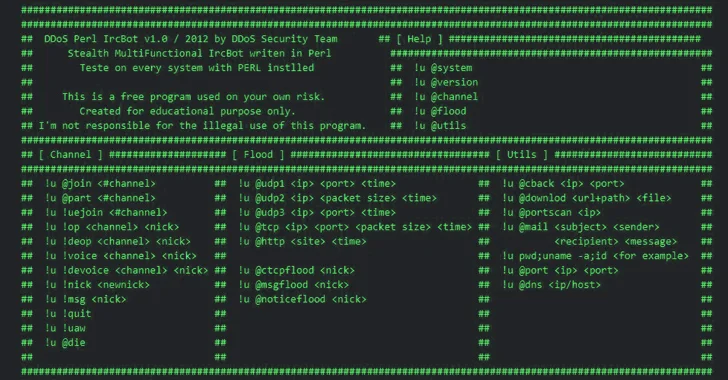IoT devices or smart devices are a rage nowadays. Gone are the days when people were crazy about smartphones and tablets only, now they want everything from their fridges and washing machines to coffee makers and light bulbs to become smart and linked to the internet, but there is a problem. According to latest research from Scotland Yard these smart appliances might be able to provide critically important digital forensic evidence from the crime scene, which could be used by detectives to solve criminal cases including murders.
In 2015, British government’s investigatory bill came up with a proposal on making it legal to hack smart toys in order to allow investigators to get to pry on suspects. Now, Mark Stokes, Scotland Yard’s digital forensics chief, told The Times that IoT devices have the capability of revolutionizing crime-scene investigation and it is important to train detectives to be able to find digital footprints in order to track events. This training would allow law enforcement authorities to establish the legitimacy of alibis or rule out inconsistencies in the statements given by witnesses.
Unsecured Security Cams Giving Away Images of Sleeping Babies, Cafes and Banks
“The crime scene of tomorrow is going to be the internet of things. A £3,000 fridge with a built-in family hub in it will soon be £400. Wireless cameras within a device such as a fridge may record the movement of suspects and owners,” said Stokes.
“Doorbells that connect directly to apps on a user’s phone can show who has rung the door and the owner or others may then remotely if they choose to, give controlled access to the premises while away from the property. All these leave a log and a trace of activity,” Stokes further explained the concept in detail.
Such as the latest Family Hub fridge from Samsung is equipped with a camera that can conduct live feed of the contents of the fridge. Stokes believes that the data and timeline logged by this smart fridge along with the images captured by its internal camera can surely be used as crucial evidence in some kinds of criminal cases.
In this regard, the authorities in the UK are planning to create a digital forensics kit. This kit is reportedly being developed to let investigators download data from the crime scene and scan data using microchips. This could be used as an alternative method to confiscate a number of devices that were in use where the crime happened.
Hackers Steal Parents, Kids Data in a Massive Data Breach on Toy Manufacture
This isn’t something novel because the law enforcement authorities in the US have already started the trend of using data from smart devices. For instance, Arkansas Police asked Amazon to provide data from one of its Echo devices to collect data for a murder investigation. Amazon though declined this request citing that the company wouldn’t provide this information without a genuine and “binding” legal requirement.
Police in Arkansas was actually investigating the murder of Victor Collins. In 2015, Collins was found dead in the hot tub manufactured by Echo System. The police took data as evidence from the electric water meter, which illustrates that heavy volume of water, was used on that day, which detectives believe may be so because whoever committed the crime might have tried to wash the blood away from the patio.
It is worth noting that Echo home entertainment system is owned by James Andrew Bates. The Echo system delivers a variety of functions including weather forecasting, light switches, thermostat controllers and plays music too. Additionally, it has the capability of improving its functioning through changes in the owner’s voice using AI technology, which is why the device could be useful in solving the case of Mr. Collins’ murder.
[fullsquaread][/fullsquaread]
After Spying Webcams, Welcome the Spy Toys “My Friend Cayla and I-Que”
However, Amazon’s reluctance in the provision of evidence points out an important aspect linked with using IoT devices in a criminal investigation, which is of violation of user privacy. The use of data from IoT devices will mandatorily clash with the privacy laws and this would eventually lead to raising concerns of civil society.










